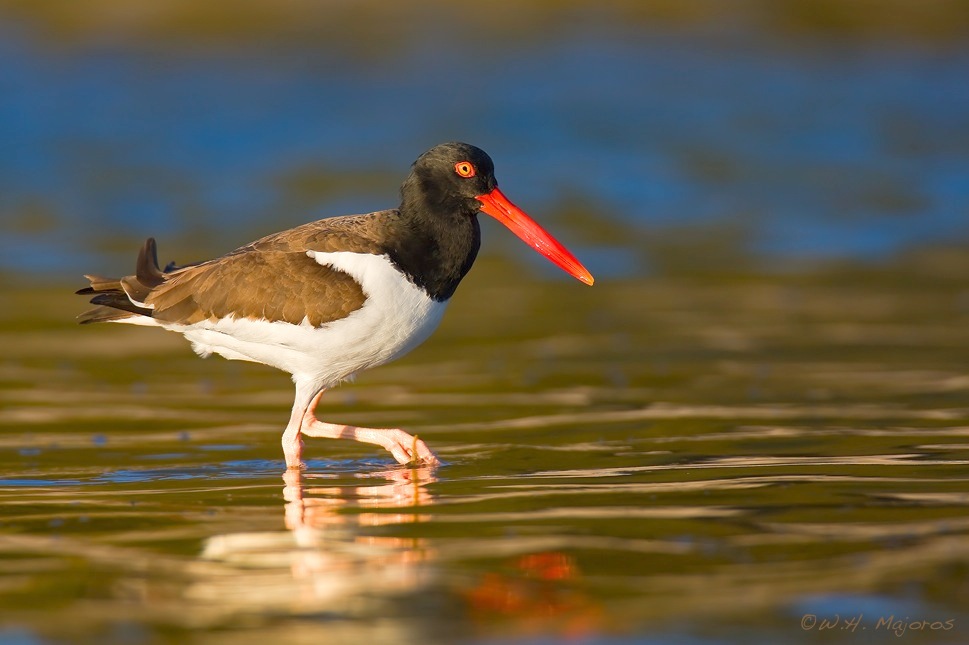To provide observations and information on the emerging fields of landscape scale conservation, heritage preservation, and sustainable community development.
Newsletter
Stay up-to-date with the latest nature, culture and community news.
We won’t spam you or share your information. Newsletters are sent approximately 10 times a year. Unsubscribe at any time.

Observing the War on Poverty on the Landscape
Fifty years ago, President Lyndon B. Johnson declared a “War on Poverty.” How did the many programs associated with this effort shape the material, social and political landscapes of the United States? What can a National Park, home to the nation’s first Job Corps site in 1965, reveal about the legacies, both individual and collective, of the War on Poverty? Guest observer Angela Sirna offers her observations on these complex questions.

#NHA30: National Heritage Areas Front and Center in Recent Presidential Proclamation
According to President Obama, “For decades, the National Heritage Areas Program has enabled our Nation to set aside places that define our shared history and that will help future generations understand what it means to be American.” Find out more about why he recognized this important program on its thirtieth anniversary as part of our #NHA30 coverage.
Ohio Earthwork Saved by Social Media Campaign
Not every story to save a nationally significant cultural landscape from imminent sale and development has a happy ending. Often the auction sign goes up, there is a brief period of bewailing the tragedy, then the inevitable happens, and the dozers move in. But this was not what happened in the campaign to save the Junction Earth Works in Chillicothe Ohio. The outcome is a lesson in how strong partnership and new media can be combined to save a landscape.

The Atlantic Coast Flyway: A Highway for Shorebird Migration
Each year shorebirds use habitats across a vast geography, undertaking some of the longest migrations of any animals on earth. Atlantic Flyway shorebirds are exposed to a diverse set of human-induced threats like habitat loss and change, hunting in the Caribbean, and predators. Effective shorebird conservation thus requires a wide-ranging approach to identify and reduce these threats at sites all along the flyway. Only with such a flyway-scale approach can we reverse the serious declines we are witnessing in many of our shorebird populations.
NHA@30: Key Documents 1983 New York Greenline and Urbanline Parks Conference
Interested in the roots of National Heritage Areas? Check out these proceedings from a 1983 conference on greenline and urbanline parks.

Observing the War on Poverty on the Landscape
Fifty years ago, President Lyndon B. Johnson declared a “War on Poverty.” How did the many programs associated with this effort shape the material, social and political landscapes of the United States? What can a National Park, home to the nation’s first Job Corps site in 1965, reveal about the legacies, both individual and collective, of the War on Poverty? Guest observer Angela Sirna offers her observations on these complex questions.

#NHA30: National Heritage Areas Front and Center in Recent Presidential Proclamation
According to President Obama, “For decades, the National Heritage Areas Program has enabled our Nation to set aside places that define our shared history and that will help future generations understand what it means to be American.” Find out more about why he recognized this important program on its thirtieth anniversary as part of our #NHA30 coverage.
Ohio Earthwork Saved by Social Media Campaign
Not every story to save a nationally significant cultural landscape from imminent sale and development has a happy ending. Often the auction sign goes up, there is a brief period of bewailing the tragedy, then the inevitable happens, and the dozers move in. But this was not what happened in the campaign to save the Junction Earth Works in Chillicothe Ohio. The outcome is a lesson in how strong partnership and new media can be combined to save a landscape.

The Atlantic Coast Flyway: A Highway for Shorebird Migration
Each year shorebirds use habitats across a vast geography, undertaking some of the longest migrations of any animals on earth. Atlantic Flyway shorebirds are exposed to a diverse set of human-induced threats like habitat loss and change, hunting in the Caribbean, and predators. Effective shorebird conservation thus requires a wide-ranging approach to identify and reduce these threats at sites all along the flyway. Only with such a flyway-scale approach can we reverse the serious declines we are witnessing in many of our shorebird populations.
NHA@30: Key Documents 1983 New York Greenline and Urbanline Parks Conference
Interested in the roots of National Heritage Areas? Check out these proceedings from a 1983 conference on greenline and urbanline parks.


